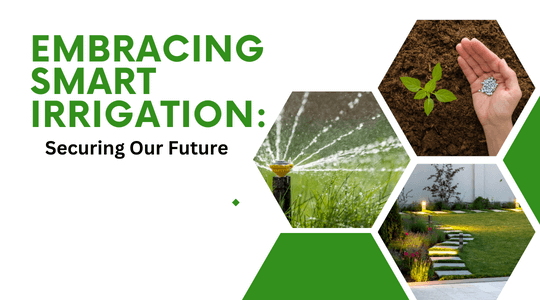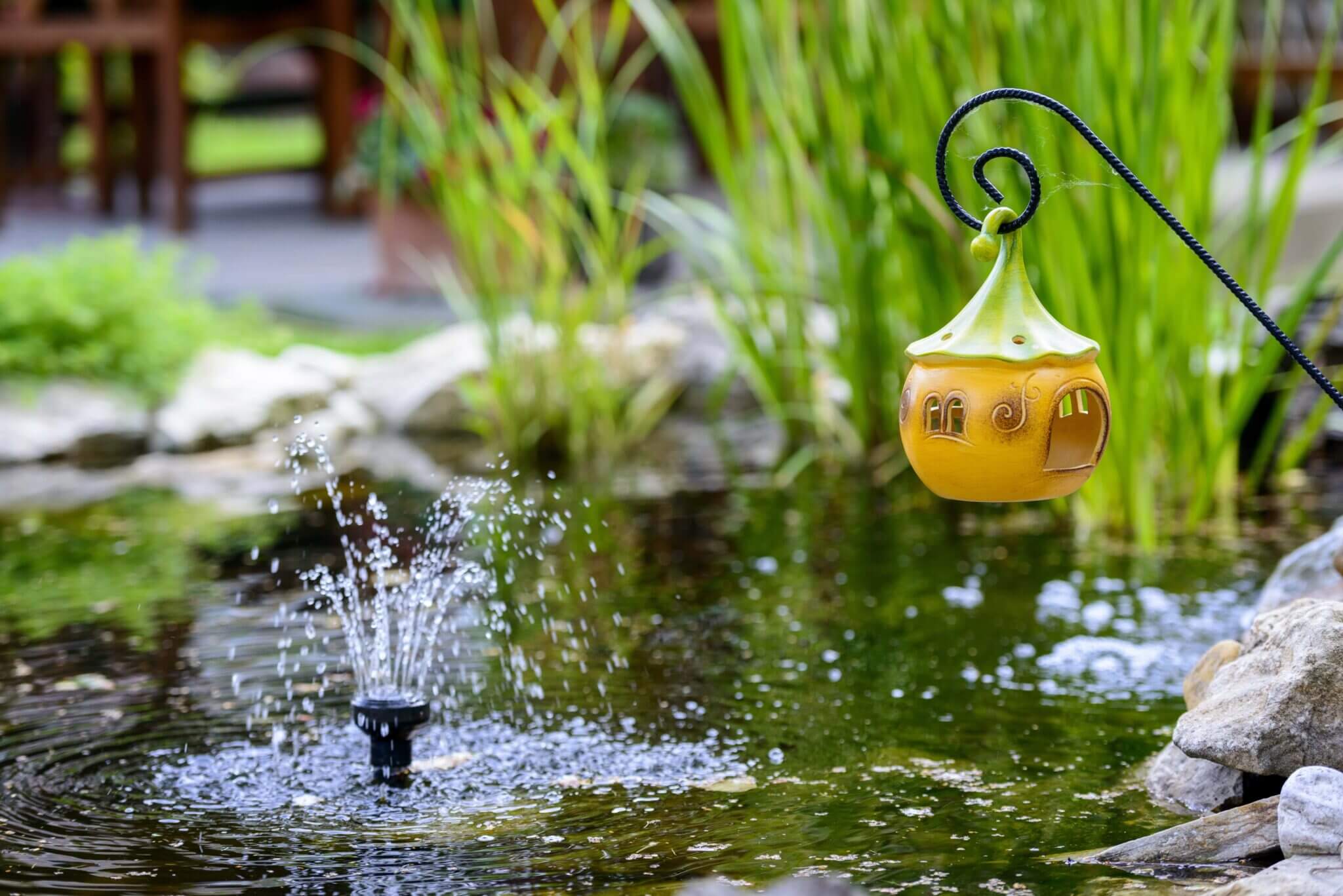We focus on the theme, “What’s the value of smart irrigation?” It presents a unique opportunity to share our narrative — how we’re enhancing environmental sustainability, contributing to thriving economies, and creating livable communities through smart irrigation.
Environmental Stewardship Through Smart Irrigation
As we observe this year’s Smart Irrigation Month, it’s worth appreciating the key role that irrigated green spaces play in promoting biodiversity. They offer a thriving habitat for pollinators and serve as effective carbon sinks — essential in mitigating climate change.
The Rain Bird drip irrigation systems contribute significantly to these efforts, enabling efficient, low-volume irrigation that’s critical in today’s increasingly frequent drought scenarios. By directing water right to the root zone of plants, these systems allow for precise control over water application, contributing to more sustainable and responsible irrigation practices.
Enhancing Communities with Smart Irrigation
The application of efficient irrigation technologies not only creates vital green spaces but also fosters more sustainable and vibrant communities. These green oases offer an arena for recreational activities, helping community members to lead healthier, more active lifestyles. Moreover, by conserving soil and facilitating plant pollination, smart irrigation supports essential environmental services.
The Role of Smart Irrigation in Workforce Development
The burgeoning field of smart irrigation also fuels the economy by generating high-tech jobs right here at home. This sector offers an array of technical and vocational opportunities, contributing to the economic vitality of our communities.
Water Conservation: A Key Benefit of Smart Irrigation
Among the many advantages of smart irrigation, water conservation stands out prominently. By integrating products like the Hunter Solar Sync ET sensor, which calculates evapotranspiration (ET) and adjusts irrigation controllers daily based on local weather conditions, smart irrigation systems can optimize watering schedules according to local conditions. This approach helps maintain healthy landscapes while significantly reducing water usage.
Supporting Economic Growth through Smart Irrigation
The ripple effects of the irrigation industry are felt throughout the economy, contributing over $23 billion annually. By leveraging smart irrigation practices, businesses, big and small, can thrive, driving economic growth and prosperity.
By using weather data or soil moisture data, smart irrigation technology determines the precise watering needs of a landscape. This results in maximized irrigation efficiency, reduced water waste, and maintained plant health and quality. From small residential landscapes to extensive managed ones, the implementation of smart irrigation technology, such as Rain Bird’s drip irrigation systems and Hunter’s Solar Sync ET sensor, can significantly decrease outdoor water consumption.
As we commemorate another Smart Irrigation Month this July, let’s take this moment to acknowledge the remarkable benefits smart irrigation brings to our lives and our world. It offers a path toward a sustainable and prosperous future, and the Irrigation Association invites all of us to join this journey toward responsible water stewardship.





